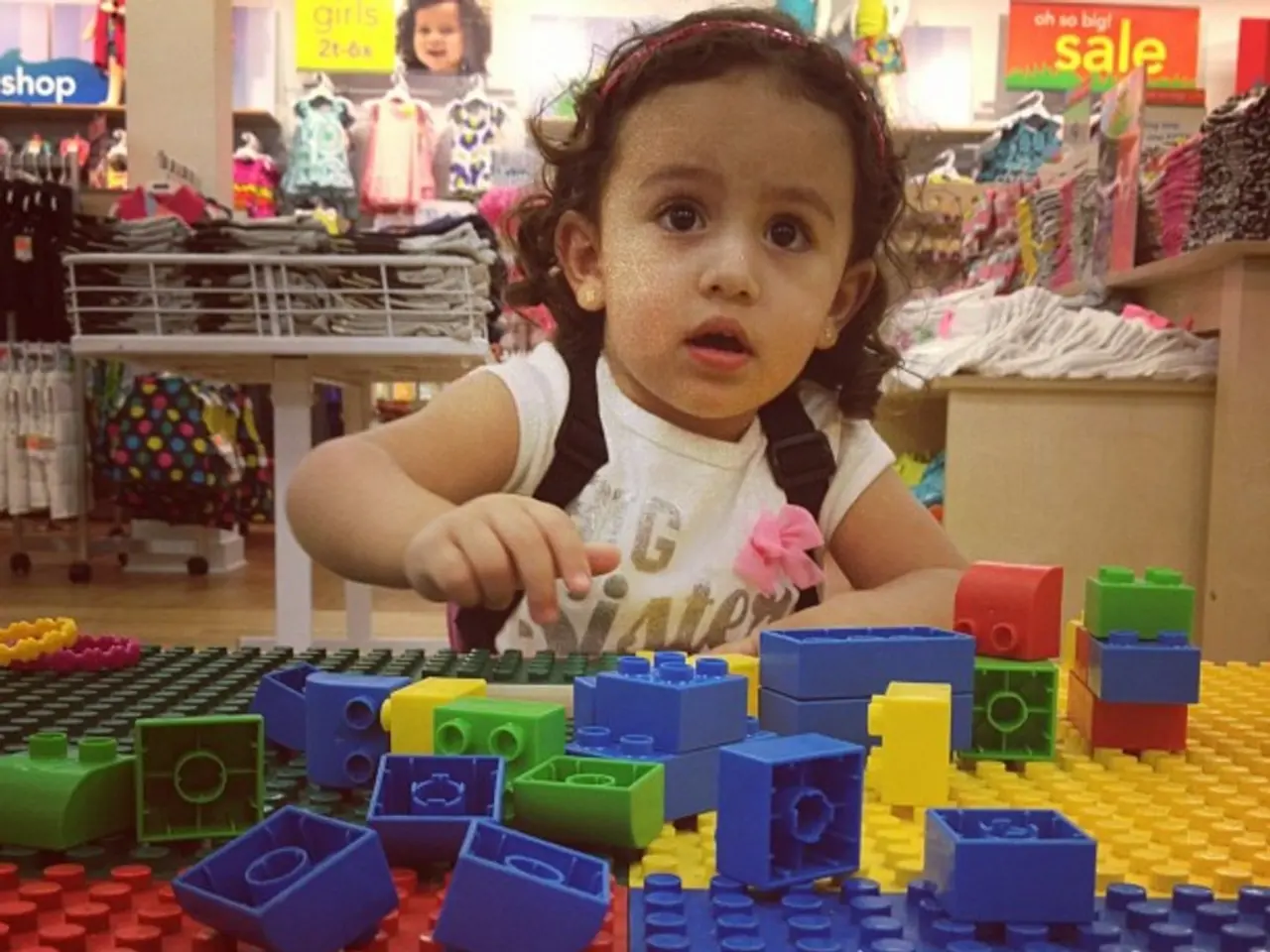Spending on In-app Purchases: Parents Not Always Liable for Minor's Expenditures
Protecting Children from Unwanted In-App Purchases in Mobile Games
Parents of children aged 7 to 18 in Germany need to be aware of the potential risks associated with in-app purchases in popular mobile games like Fortnite, Brawl Stars, and Clash of Clans. These games can incur costs through in-app purchases, and these costs can quickly accumulate in free-to-play games.
According to Alexander Wahl from the European Consumer Centre Germany (EVZ), these games encourage spending money. To prevent unintended in-app purchases by children, parents can take several key strategies.
Firstly, activate purchase blocking in app stores. On Android, enable purchase restrictions such as requiring fingerprint or password authentication for any in-app purchase through Google Play settings, preventing accidental charges.
Secondly, use built-in parental controls or third-party apps. Apps like Kids Place Parental Control or Kidslox allow parents to block in-app purchases, restrict app access, set screen time limits, and prevent new app downloads while children use the device.
Thirdly, set app-specific restrictions. Many games allow parental controls within the game settings to disable or limit purchases or require authentication before buying.
Fourthly, lock devices with PINs or passwords. Prevent children from changing these settings by securing the device with a PIN or password and setting up a unique parental control PIN if available.
Lastly, educate children about spending limits. Explain why making purchases requires permission to avoid misunderstandings and accidental requests.
Using a dedicated parental control app alongside native device settings provides the most comprehensive protection. In Germany, the so-called pocket money paragraph allows minors aged 7 and above to use their pocket money for in-app purchases, with prior agreement from legal guardians. However, parents should be cautious not to store payment data on their child's device to prevent unauthorized purchases.
In cases where a purchase was not made for the first time by the child, courts assume parents have tolerated the expenses. If children have made a purchase unsupervised, parents should object as soon as possible. Parents should also avoid automatic billing via phone bill and set up a third-party blocking with their mobile provider.
In Germany, children under 7 years old are not legally competent and cannot conclude valid contracts, including in-game purchases. In-app purchases in these games can include bypassing waiting times, acquiring special equipment, or purchasing in-game currencies.
Alexander Wahl warns that these games can encourage spending money. To control expenses, parents can use prepaid cards from app stores. These cards limit the amount of money that can be spent, preventing unexpected charges.
In conclusion, by following these key strategies, parents can help protect their children from unwanted in-app purchases, ensuring safe gaming experiences for their kids while avoiding unexpected charges.
Read also:
- Musk threatens Apple with litigation amidst increasing conflict surrounding Altman's OpenAI endeavor
- Innovative Garments and Accessories Producing Energy: Exploring Unconventional Sources for Renewable Power
- Latest Automotive Update, August 13: Introducing Ola Electric's latest scooters, MG Windsor EV sales hitting new highs, Mahindra BE 6 teaser unveiled, and more...
- Digital Commerce Giant Clips Unveils Its Latest Offering, Clip Ultra, Fortifying Its Dominance in Mexico's Market







